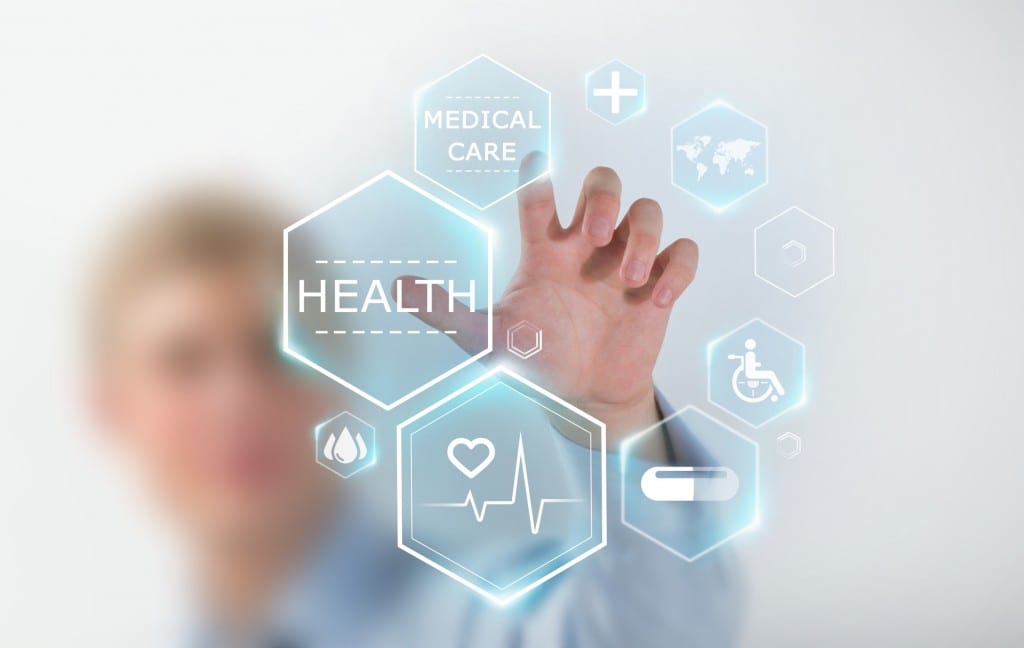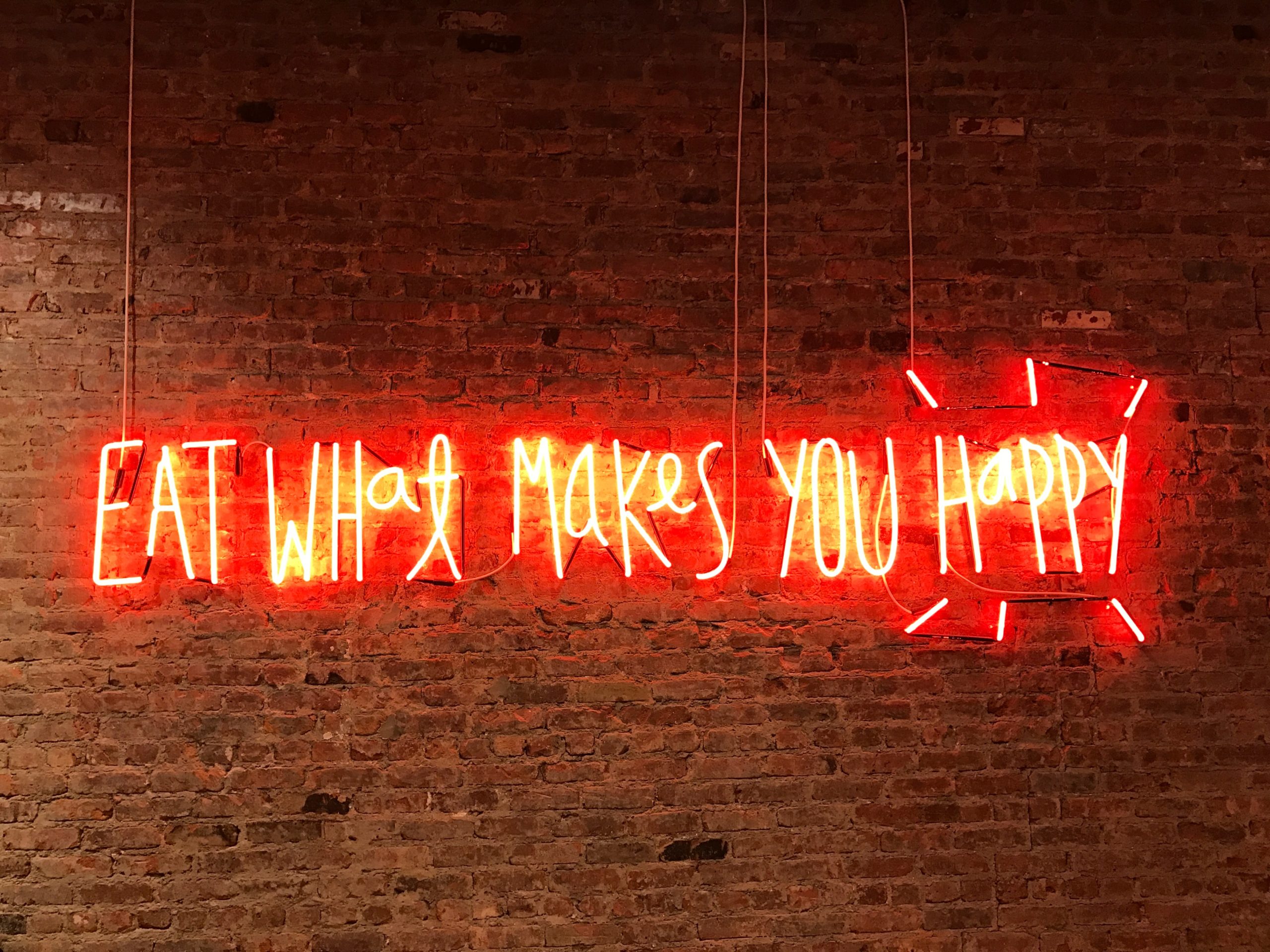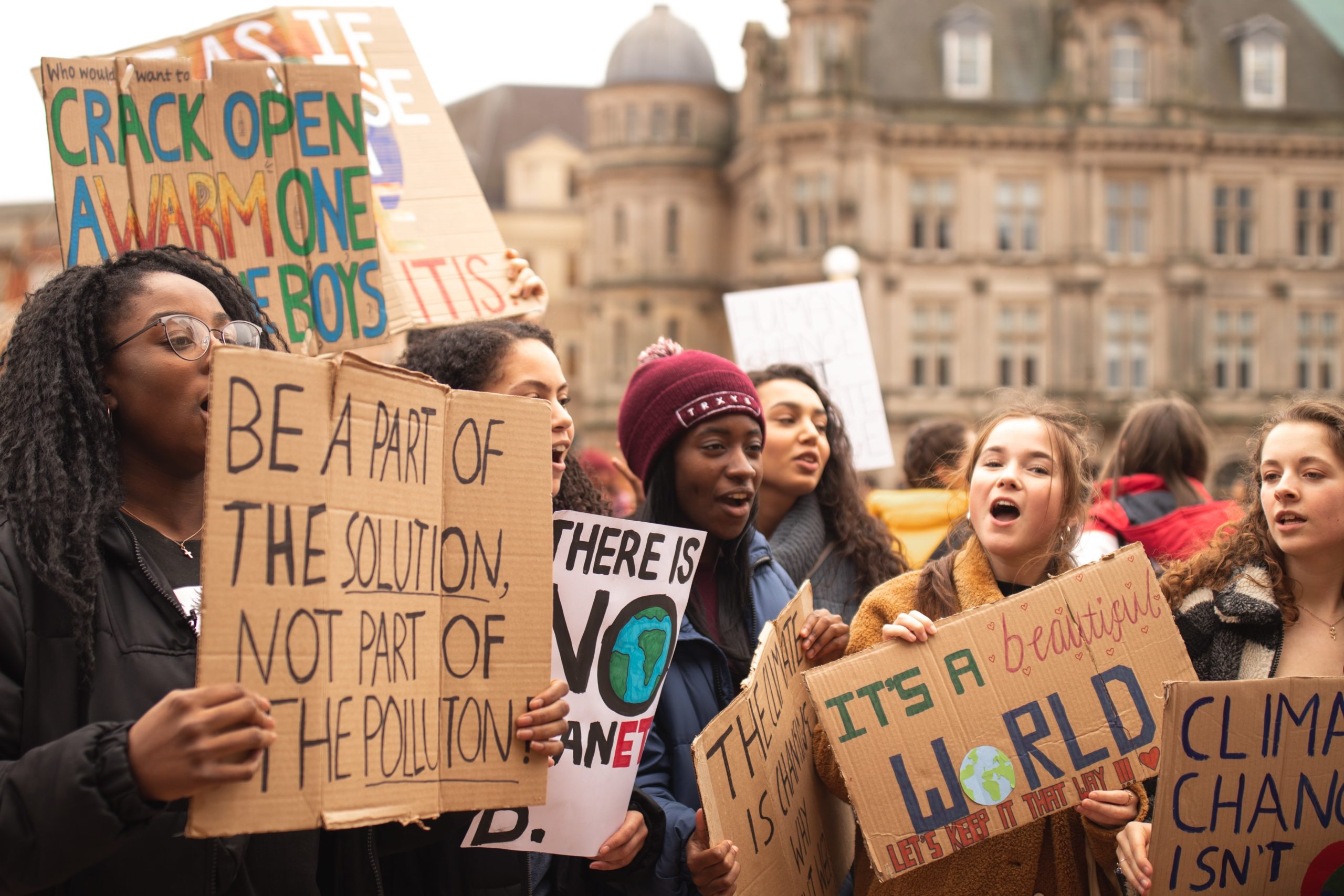 Back in 1996, professor Enrico Coiera predicted in the British Medical Journal that the Internet would revolutionize healthcare because more best practice information would become easily accessible to more people.
Back in 1996, professor Enrico Coiera predicted in the British Medical Journal that the Internet would revolutionize healthcare because more best practice information would become easily accessible to more people.
That was two years before Google hit the scene.
Today the Internet has already revolutionized healthcare.
Without thinking, we “Google” whatever health question comes up, wherever we go. According to Google, 5% of their search traffic comes from health related inquiries, and 50% of all smartphone users have looked up health info online on the go. The result: Patients can challenge diagnosis for better results or find niche diagnosis for rare conditions.
The future of healthcare is here.
Shortly after Mr. Coiera published his thoughts in the 1990’s, I wanted to validate some of the emerging trends in the space. So I ran a future foresight study with a time period set at 2015-2020 as the endgame for all trends. As I write this in 2015, most of the envisioned outcomes have already been achieved. Even two of the more “futuristic” predictive questions have become reality.
1. Will connected patients with unlimited access to knowledge accept limitations and sub-prime solutions in healthcare?
2. Can patients overcome the limitations of the system by using their network power to gather financial power, fund medical research and invest in medical therapies?
Those questions were posed before Twitter (launched in 2006), Crowd-Sourcing (started circa. 2006) and the ALS Ice-Bucket Challenge (started in 2014 and still happening today).
Healthcare is social.
Today we have regular Twitter storms acting as ad hoc pressure groups to force change (#savejosh), regular online fundraisers on social networks (#ALS) and crowd-sourced funding for orphan diseases (@mattmight).
So what is next?
Two trends to watch for 2016 and the rest of the 2015-2020 foresight period (click to tweet):
Big Data accumulated from our personal social signals leads to predictive personal health care.
This does not only include data from our bio publicly shared on social networks (#fitbit, #runtastic, etc.) but also posts about our emotional wellbeing—scientists Moreno et. al. for instance screen Facebook statuses for signs of depression—when will your employer or health insurer tap into this fountain of data?
Social Media is disruptive to all forms of “behavioral medicine” and step-changes behavioral therapy.
There are already many piloting examples out there. For example, some interesting work by Thrul et al. on Smoking Cessation Intervention on Facebook. It is all about purpose-leveraging social interactions, applying positive peer-pressure or emotional support via social signals to support therapeutic interventions—always-on, anywhere you go.
Based on these trends, what can Healthcare Communications professionals do to prepare?
1. Intensify your monitoring and issues management capabilities to “always-on” and agile enough to react in a very short window whenever social networks are used to apply pressure
2. Be prepared to see new influencers show up, seemingly out of nowhere, and getting really powerful in very short time. Have a program in place to identify and build relationships with them.
3. Develop your reputation as a thought leader by showcasing both how you put big data to work for patients and doctors and by integrating some behavioral medicine supported pilots into your work that are worth telling the world about.
The prediction that a technical installation (i.e. the Internet) allowing for broad, connected, networked social interaction will be a powerful change agent isn’t actually new: I was just citing Bert Brecht, who wrote about this in the 1930s.


